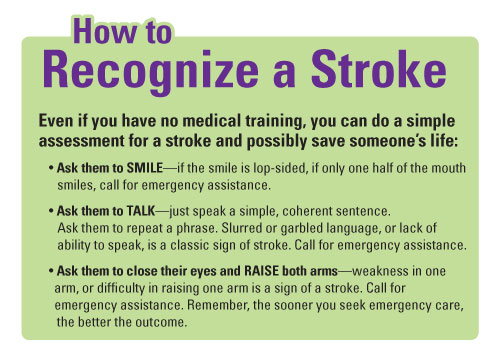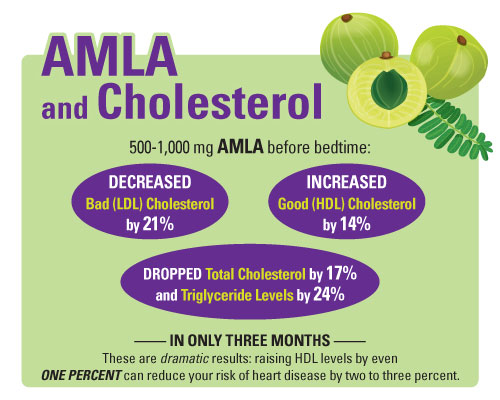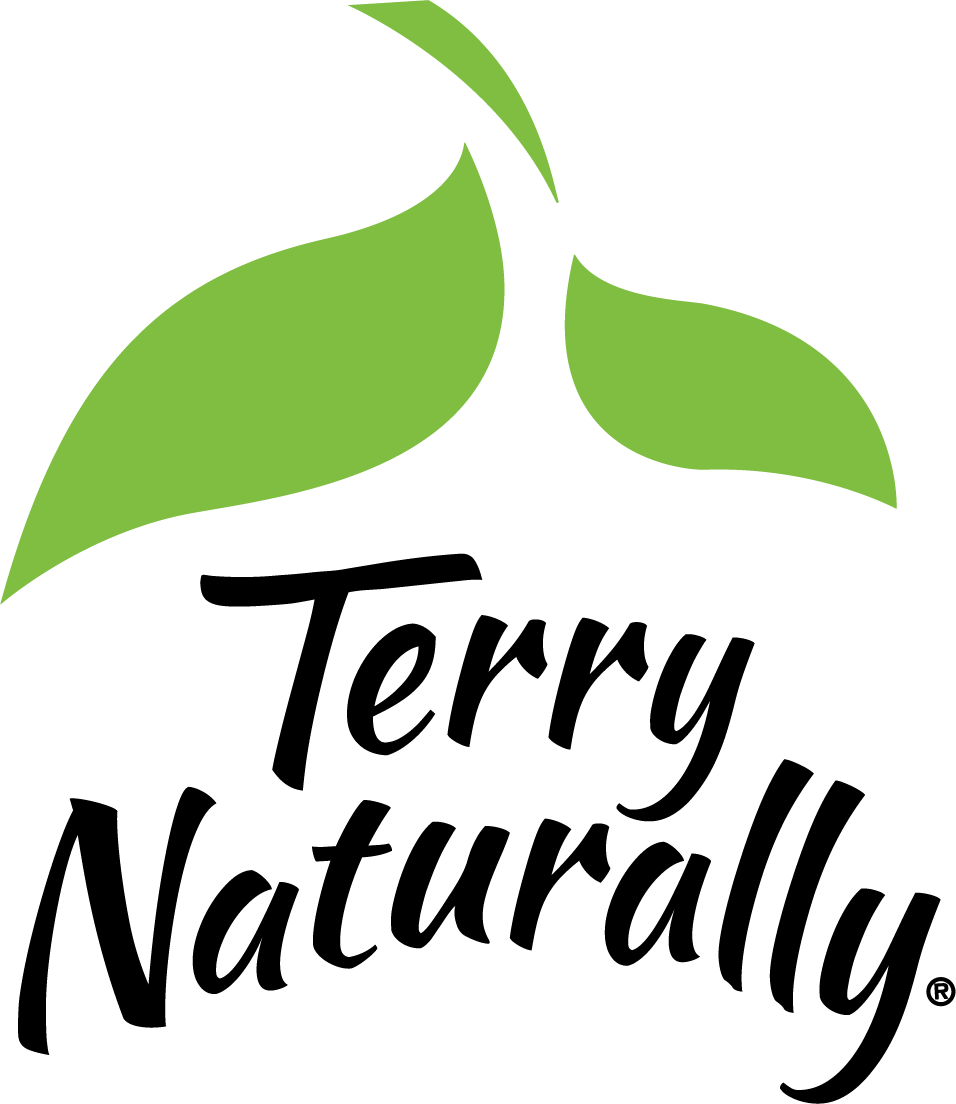But strokes can be prevented, and there are nutrients that can even help those who have suffered from a stroke from relapsing. One of the most effective is amla, also known as Indian gooseberry. This botanical can:
- Prevent stroke and heart disease
- Stop inflammatory damage to blood vessels and arteries
- Boost levels of good (HDL) cholesterol
- Reduce bad (LDL) cholesterol
- Normalize blood pressure levels
Strokes are terrifying. When you have a stroke, a portion of your brain dies. This is a profound injury that can change mood, thoughts, memories, speech, perceptions – the very ideas we use to define ourselves and lend meaning to our lives. For those who have been through it themselves, or have seen friends and loved ones altered by its effects, it can seem insurmountable. It is the third leading cause of death in the United States, and is the leading cause of serious, long-term disability. African Americans and men have higher rates of stroke, but in women they are more deadly. In fact, strokes kill more than twice as many women as breast cancer.
Grim though this disease may be, there is good news. First, obtaining emergency care within the first few hours of a stroke can greatly reduce damage done. Second, with patience, hard work, and luck, many victims of strokes recover some – or all – of their lost abilities. Third, and perhaps most importantly, strokes are largely preventable.
In this article I will share with you nutrient interventions to help you prevent strokes, or help you recover and prevent a recurrence of this dangerous problem.
Defining A Stroke
Strokes occur when blood vessels to the brain are either blocked by a clot, or burst. When this happens, the blood and oxygen flow to the brain is interrupted and the affected sections of the brain begin to die.
A “mini-stroke” or “warning stroke” is caused by a temporary blood clot, and for all appearances, seems just like a stroke. Known as a “Transient Ischemic Attack” or TIA, it can be the precursor to something more serious. It should definitely be taken very seriously.

Shift the Balance in Your Favor
Arteries become clogged or clotted for two reasons: oxidation and inflammation. When LDL (low-density lipoprotein) cholesterol becomes oxidized, it tends to get “stickier”, forming clots in the arteries. This oxidation (and clotting) also triggers an inflammatory response. These conditions damage arteries and attract more LDL cholesterol to the clot. Together, this can set up a difficult situation to overcome, but one that the right natural ingredients can address.
Keep in mind that most serious cholesterol problems have more to do with your family’s history of cholesterol. Our bodies produce up to 1,000 mg of cholesterol a day. In those cases, having an abundance of LDL cholesterol boosts the odds of oxidation and inflammation.
So, while I don’t believe that cholesterol is the ‘enemy’ as we’ve been taught, I believe that a balance of HDL (high-density lipoprotein) that scavenges excess cholesterol, and LDL is important. And I believe that plant extracts can have tremendous benefits – without the dangers of statin drugs.
Reduce Your Risk with Amla (Emblica officinalis)
To reduce your risk of stroke or heart disease, I recommend amla. Amla has been used in Ayurvedic practice for over 2,000 years. In fact, early Ayurvedic medical texts dating back to 200 to 400 BC considered it “one of the best rejuvenating herbs.” Practitioners noted that it helped rebuild tissues throughout the body, reduce inflammation, strengthen vision, and make bones stronger. This botanical, also known as Indian gooseberry, is excellent for getting your cholesterol levels into balance. More recently, it has also been shown to inhibit growth in human lung cancer cells, melanoma cells, and cervical cancer cells. Additionally, amla has the ability to increase our levels of the enzyme glutathione-S-transferase (GST), which detoxifies carcinogens, boosts natural killer cell cancer-fighting NK activity, and prevents DNA mutations caused by aluminum, lead, and chromium.
Amla reduces inflammation – one of the primary causes of all disease, including heart disease and stroke. Research shows that it can reduce levels of C-reactive protein (CRP) by over 30 percent. This marker of inflammation in the cardiovascular system is routinely measured to determine an individual’s health risk.
 I believe that getting a well-prepared, strong extract is key to getting the results you want faster. The concentrated power of a supplemental form will help you balance your cholesterol levels more effectively, which can help reduce the risk of stroke dramatically.
I believe that getting a well-prepared, strong extract is key to getting the results you want faster. The concentrated power of a supplemental form will help you balance your cholesterol levels more effectively, which can help reduce the risk of stroke dramatically.A Stroke is Not Inevitable
In the vast majority of cases, strokes are preventable. Eat a healthy diet, maintain your weight, avoid smoking, get regular physical activity, don’t drink alcohol to excess, and lower your risk with amla. You can help ease your blood pressure numbers back to where they should be, get your cholesterol levels in balance, and reduce your risk of stroke. It’s so simple to incorporate amla into your daily regimen – and definitely worth the time.
OTHER NUTRIENTS THAT REDUCE RISK OF STROKE
Olive Leaf Extract
Oleuropein is a phenolic compound found in olive oil and olive leaves. Olive leaf extract has been shown to reduce blood pressure, which in turn, reduces the risk of stroke. In a clinical trial, a special olive leaf extract lowered systolic pressure (the top number) by 11 points, diastolic pressure (the bottom number) by 5 points, and reduced LDL cholesterol levels as well.
Olive leaf’s antioxidant activity – much more powerful than vitamin E – protects the walls of the blood vessels, and helps widen narrow blood vessels allowing blood to flow more easily.
Grape Seed Extract
Many people are probably familiar with grape seed extract as a heart-friendly supplemental ingredient. The oligomeric proanthocyanidins – OPCs – from grape seed are compounds that do much of the extract’s heavy lifting. But there’s a catch: the OPCs must be small enough to be easily absorbed so they can be effective. That’s why I recommend a French grape seed extract that is standardized to contain only OPCs that are small enough to be absorbed, so you’ll get astounding results.
In an Italian clinical study, individuals in both low and high dose grape seed extract groups saw an improvement in blood pressure, although those at the higher dosage noticed more dramatic effects. In fact, blood pressure numbers normalized in 93 percent of those in the higher dosage group.
